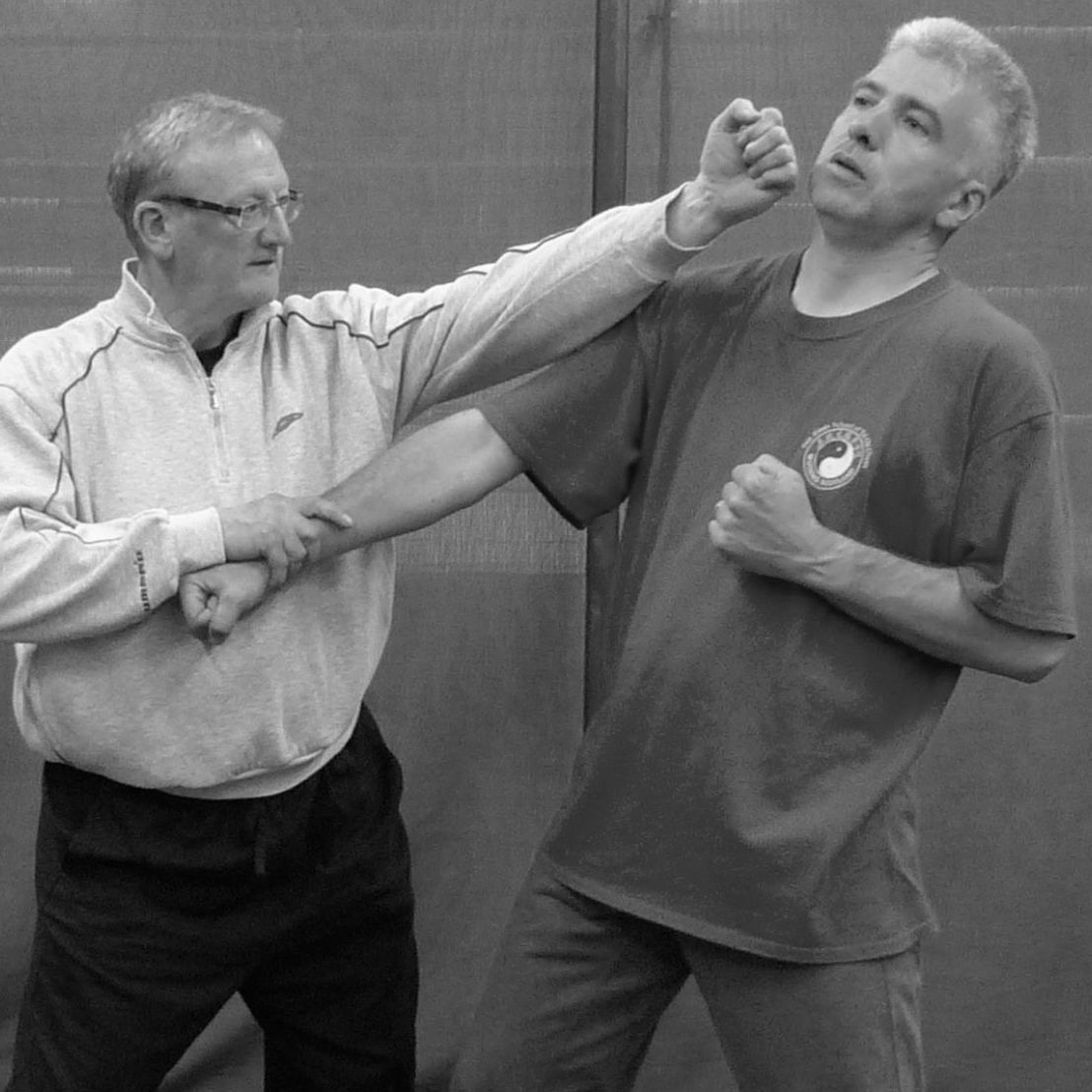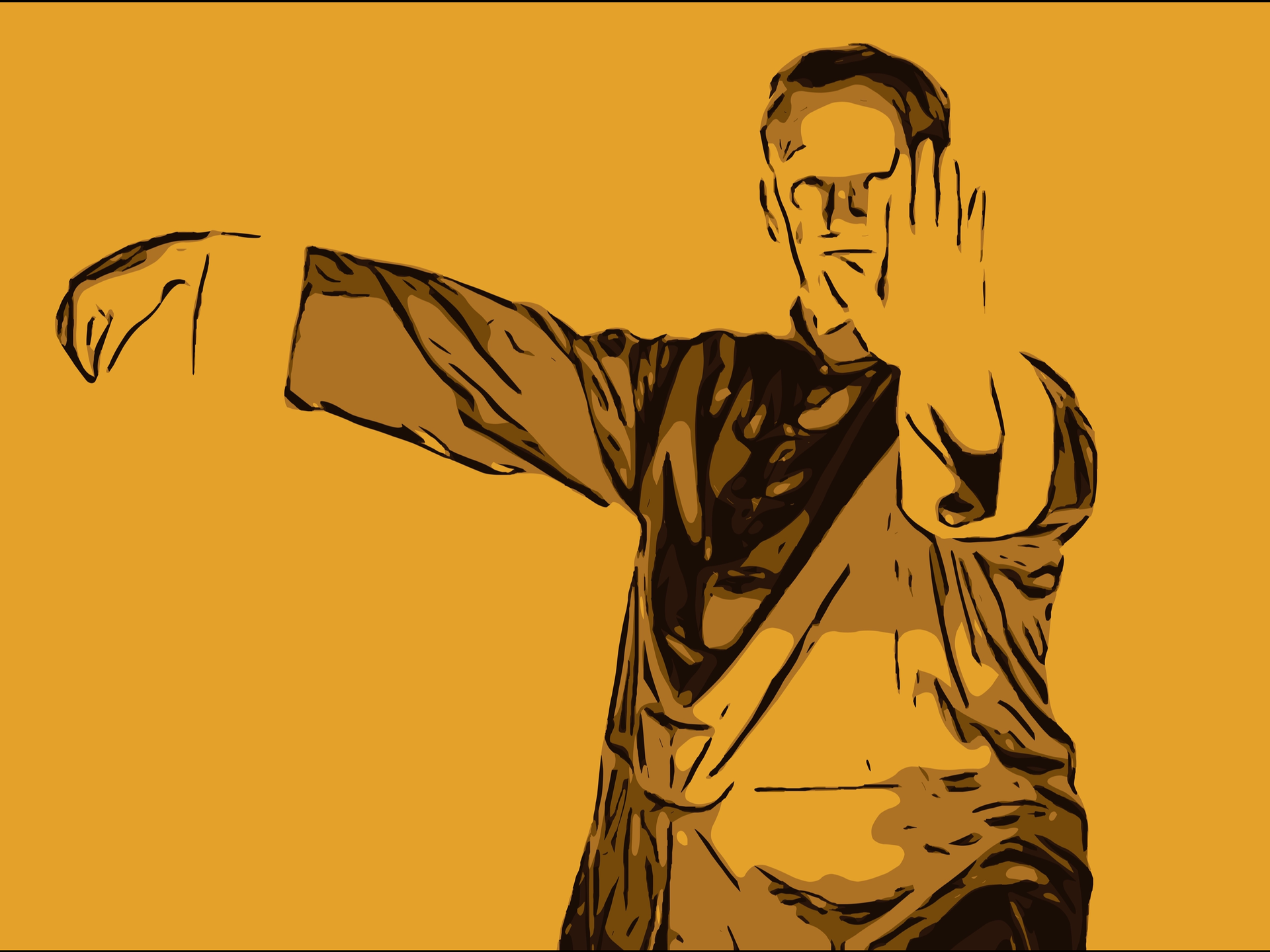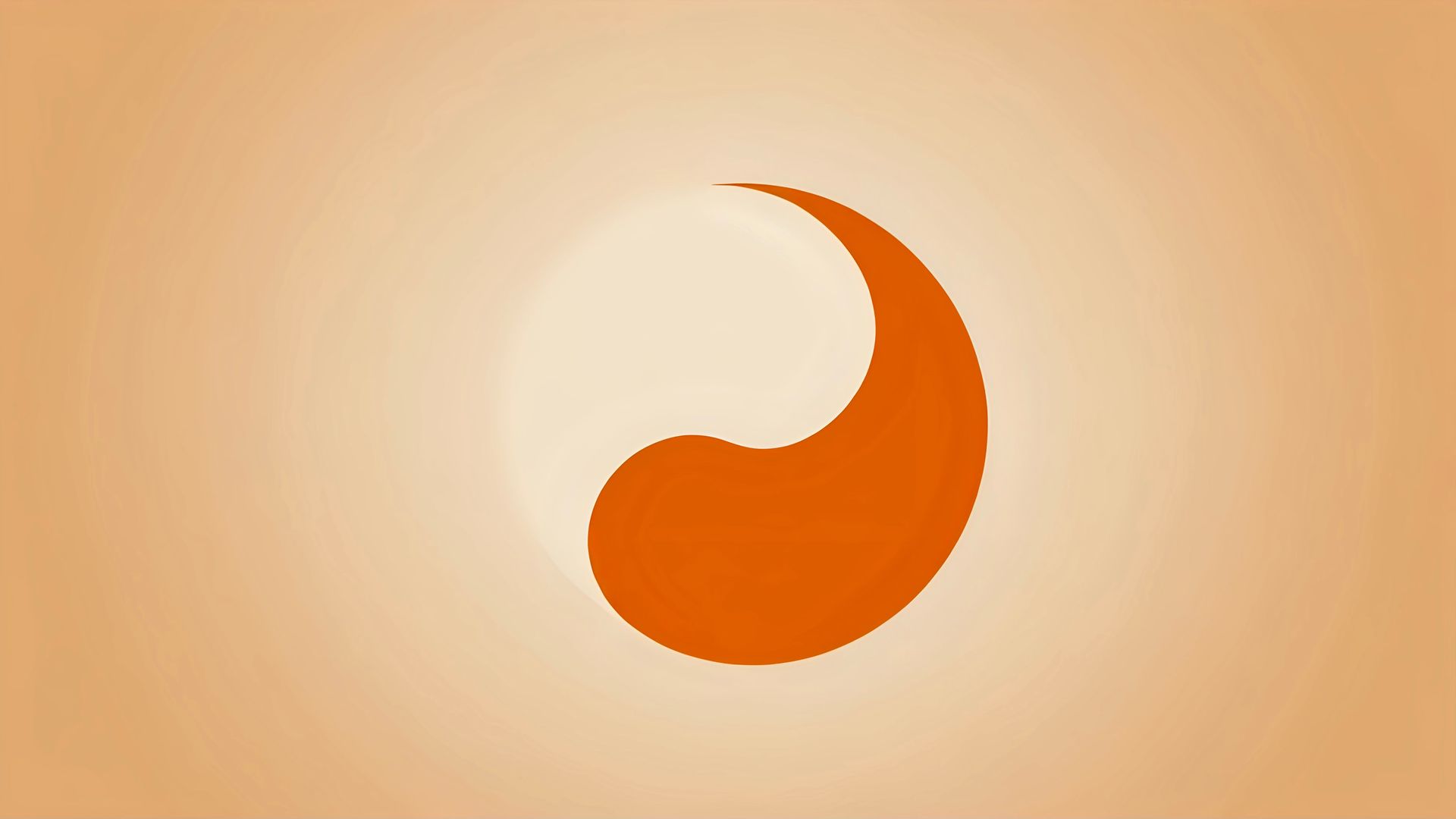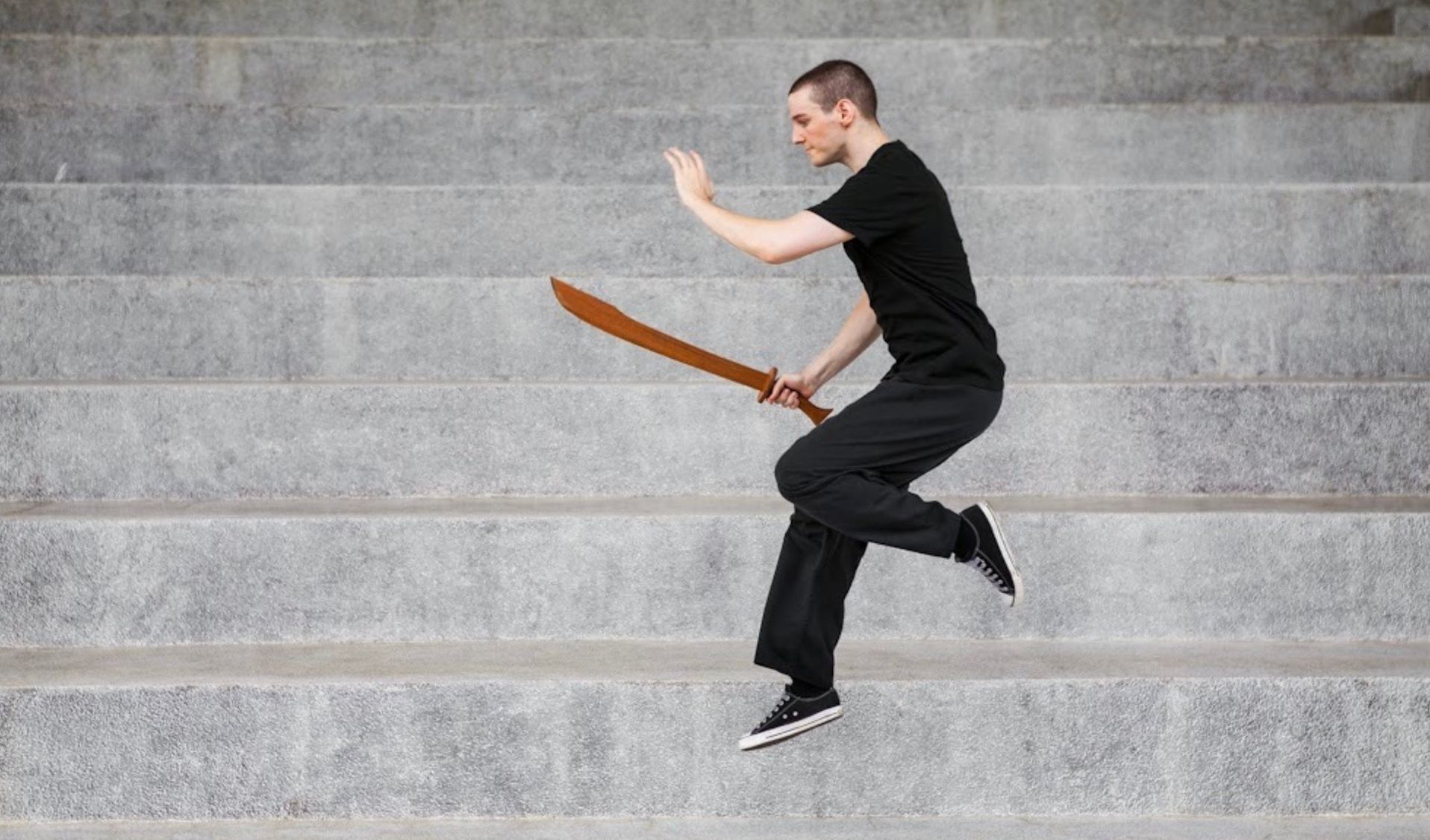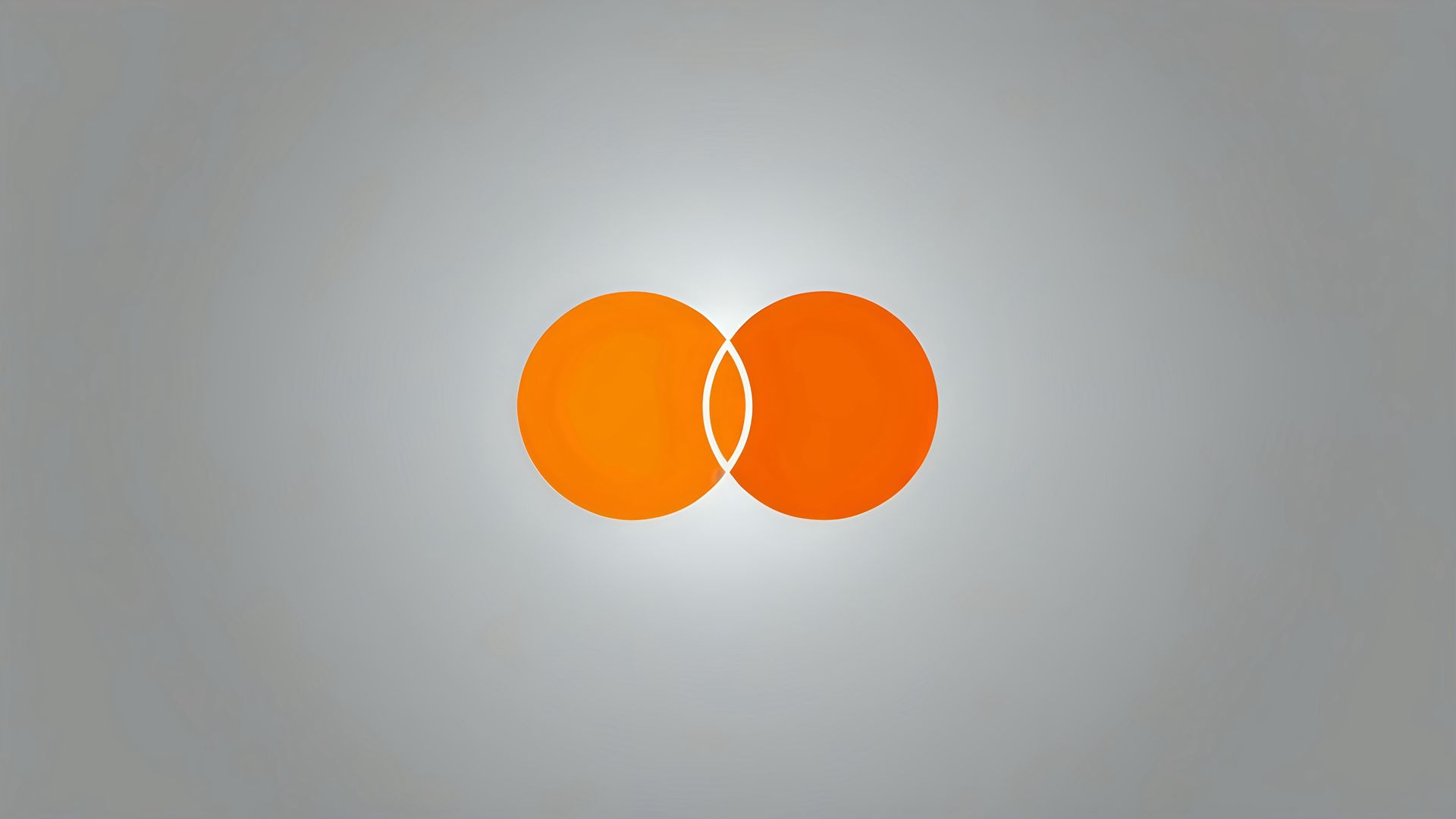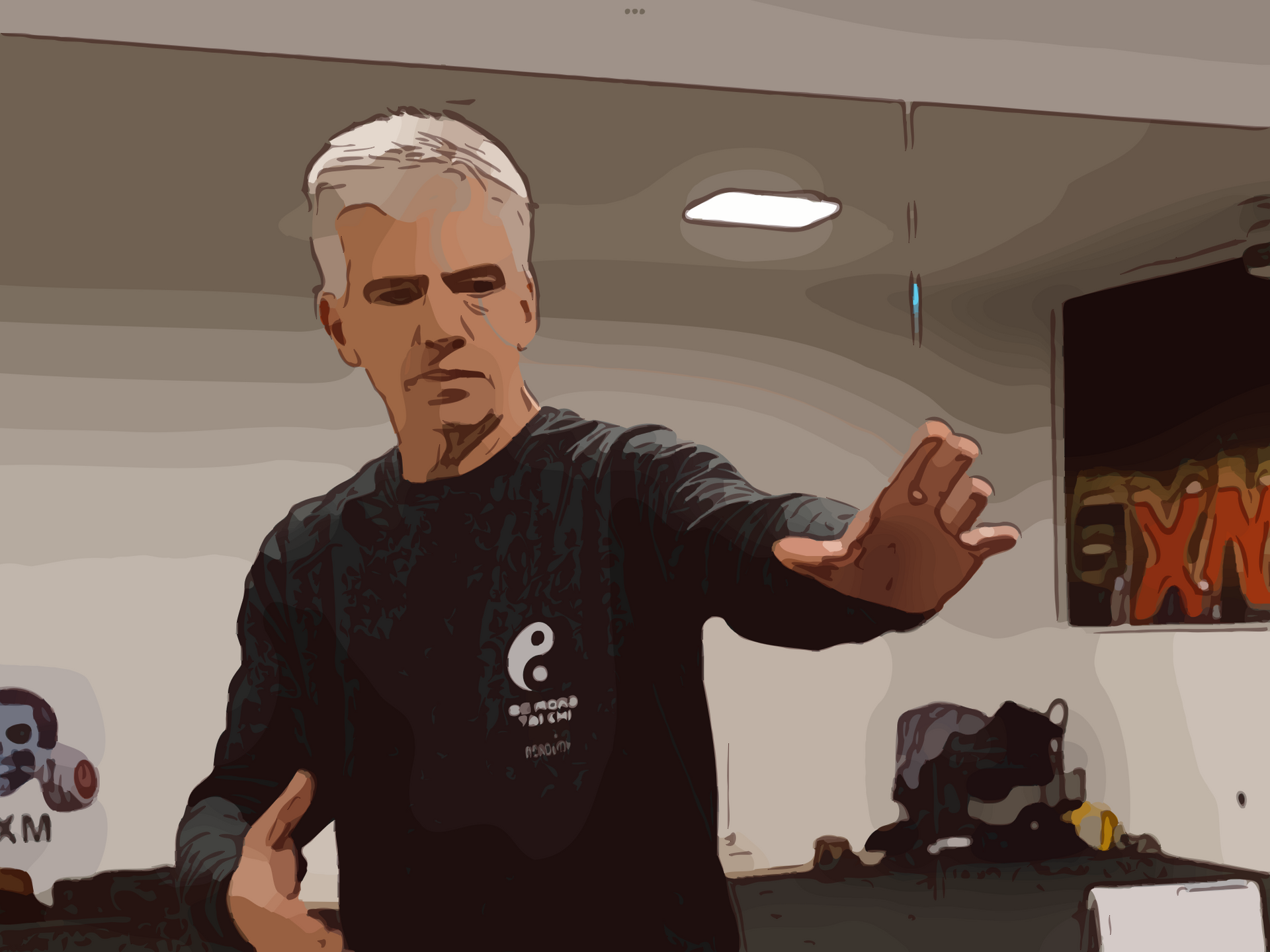CHOOSE CAREFULLY.
CHOOSE CAREFULLY. Ian Cameron
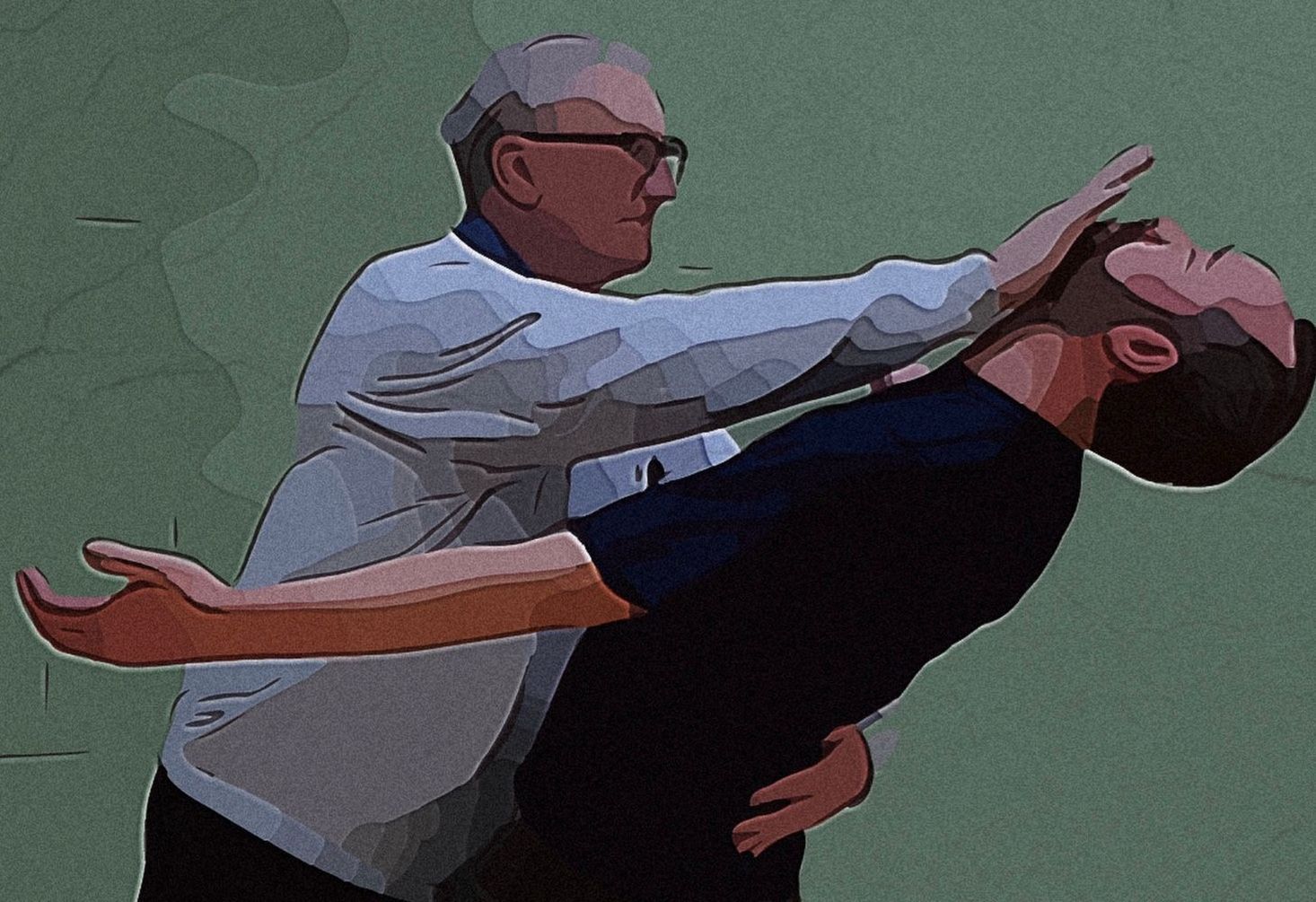
Grandmaster Cheng Tin Hung taught a down to earth practical style of Tai Chi Chuan with no frills, backed up with depth and ability, he proved its use time and again as did many of his students. At Sifu’s gym there were never any of the kind of demonstrations all too prevalent nowadays where teachers can apparently throw/lead or have their students ‘jump’ around with the slightest touch. He never at any time tried to impress because he didn’t need to, everyone knew what he was capable of.
It is probably due to this Tai Chi upbringing that I find myself looking on with a degree of scepticism at what is on display over on the internet.
It’s there for all to see.Tai Chi is supposed to enhance ones awareness, from our strengths to more importantly, our weaknesses (No protrusions, no deficiencies). Many appear to have no doubts about their ‘strengths.’ Easy to do with compliant students, which often leads to teachers believing in their ‘special abilities.’ It is one thing to demonstrate a technique, that’s what teachers are meant to do. What they are not entitled to do is make use of the student. The student is asked to attack in a specific way, the teacher then demonstrates how to deal with it, putting the student in a position to be hit, thrown, pushed. Not having been placed in a position of disadvantage, to then be hit with force, knocked down with force or led about like a puppet. We all have to know what it is like to be on the receiving end, that’s part of the martial experience, but not just to make the teacher look good.
What would they do if the students decided not to play the game? Would their ‘magical’ abilities still work when faced with an ‘awkward’ one? There must be a sense of reality present when training in a gym. The notion that the perfect technique will manifest when needed is for the movies, a fantasy. No time to think, only respond. You will only know the effectiveness of your training by how well you deal with the unexpected. Knowing the practical techniques of Tai Chi will give you a better chance to be able to defend oneself, but it will more than likely be a combination of techniques. In fact there is only one technique, and that is the Tai Chi principle, everything is contained within it. In other words, the ability to adapt through mastery of the principle rather than a specific technique will be most effective. Knowing the principle ultimately means no method, opening up spontaneity which in turn does away with conceptual thought.
The Ready Stance is so named for a reason. Outwardly it is a stance that looks natural but inwardly it contains everything. Your ready stance is your fighting stance, your fighting stance is your ready stance. I mention this in passing only to emphasise the lack of outward show.
It is all too easy to be ‘impressed’ by what is on the internet. ‘Awesome, amazing, fantastic……. The most effusive praise given to ‘everything and a’thing.’ Even when it is unwarranted. Some of it is excellent, but we do have to bring some sense of discernment to the subject.
To emphasise this point: I have seen a demonstration of an aspect vital to the style of Tai Chi taught by Sifu Cheng Tin Hung. It has either been badly taught or been forgotten and ill remembered. In too many instances it barely resembles the system I was taught and have practiced for over fifty years. As each posture has a specific purpose, if it is then not done with accuracy, the purpose of the postures will be rendered useless. It is painful to see something so crucial to the system being so misinterpreted. This will only get worse when in time, students of this teacher will begin to teach, diluting it even further. It is certainly not what was taught in Sifu Cheng's Tai Chi School.
This is not an old man being critical for the sake of it, but to point out how we have a responsibility and need to be aware of what it we are doing, not just take it for granted that because we have practiced for a long time that everything we do is ‘right.’ Having doubts is healthy as it makes you examine yourself. Having none makes you complacent and over confident.Once things are changed or misused, they may be lost for ever. Enough said.
What is ‘over there’ is always more attractive than what is right here. The Tai Chi classics warn against this with the saying. “Do not give up what is near for what is far away. It is the constant ‘looking’ that stops the finding, as nothing eve quite satisfies it is on to the next thing or teacher that promises all. It has been said before that no one can give you anything. Whatever you may have achieved or will achieve comes down to training and hard work over a long period of time. Having the ‘best’ teacher means nothing if the student does not put in the required effort.
Impatience is the great enemy. It leads to dissatisfaction and students in to thinking they are perhaps not being taught properly or the teacher is holding something back. Consolidating your own practice allows you to view other styles or methods without being pulled about by small differences or slight variations. You can appreciate others without ‘wanting’ what they have. You can never have what someone else has, so it is a pointless exercise.
Being aware that Tai Chi will continue to take on many manifestations which always comes back to those who teach. The fact that the art is so malleable is both its strength and its weakness. This then leaves the door open to those who have little or no ability to exploit the art and students. I think this problem has always plagued Tai Chi and will no doubt continue to be the case. It is an unfortunate consequence that people can waste years with poor teachers, only to be disappointed when exposed to something better. Time is something you can never get back, so be careful when choosing a teacher.
When I found Sifu Cheng I thought I was so lucky to have been recommended this teacher. There were of course many teachers in Hong Kong but it never occurred to me to look elsewhere and I am glad I didn’t.
Ian Cameron

